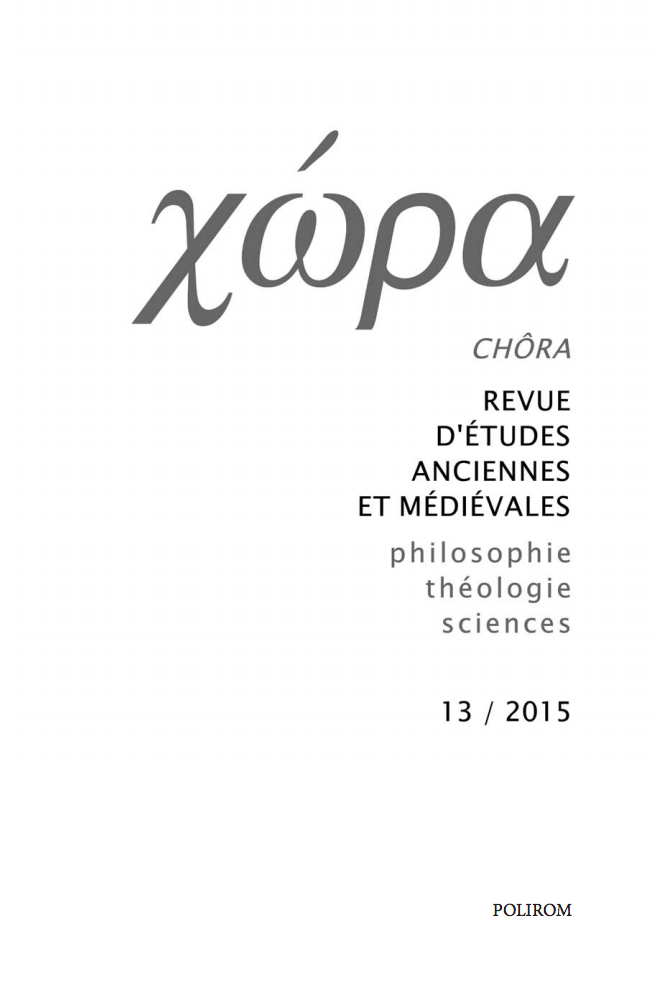Platon et l’invention aristotélicienne du dualisme platonicien
Platon et l’invention aristotélicienne du dualisme platonicien
Author(s): Anca VasiliuSubject(s): Philosophy
Published by: EDITURA POLIROM S.A.
Summary/Abstract: Aristotle’s main grievances against his forebears, in the first instance Plato, but also Empedocles and Anaxagoras, rely on three theoretical standpoints: the status of the whole and the one, the separation or the immanence of the principle and its ability to act as a cause or not, and finally the possibility of engendering or producing from contraries. An analysis of the criticisms developed in Métaphysics Lambda 10 brings to light both the purpose and the flaws of the Aristotelian indictment. Arguably, Plato has brought things to existence from a secondary dualism, not from an immutable and separate principle, since, according to the Stagirite’s critical reading, the status of that principle remains ambiguous on the grounds that it is used both as an efficient cause and a universal predicate. From the encounter between the theory of causes and of being advocated by Aristotle against Plato and what Aristotle introduces as the Platonic theory of the principle, Ideas and Numbers, emerges a “dualistic” vision of Plato’s thought. However when one endeavours to locate and contextualize in the Dialogues the theses attributed to Plato by his rebellious disciple, that “dualistic” vision not only does not appear to be founded, but one can even find a criticism of the aptness of such interpretation. The example given is that of the fight of the Gods and the Giants in The Sophist; in that fight between philosophers around the status of the being can be found a great many of the themes and positions mentioned in what is called in Lambda 10 a criticism of the forebears. Isn’t the “dualistic” interpretation of ancient philosophies ultimately the projection of a modern type of reading, sensitive to the mythologizing interpretation fashioned owing to the late popularity of Platonism?
Journal: Chôra. Revue d'études anciennes et médiévales
- Issue Year: 2015
- Issue No: 13
- Page Range: 141-163
- Page Count: 23
- Language: French
- Content File-PDF

